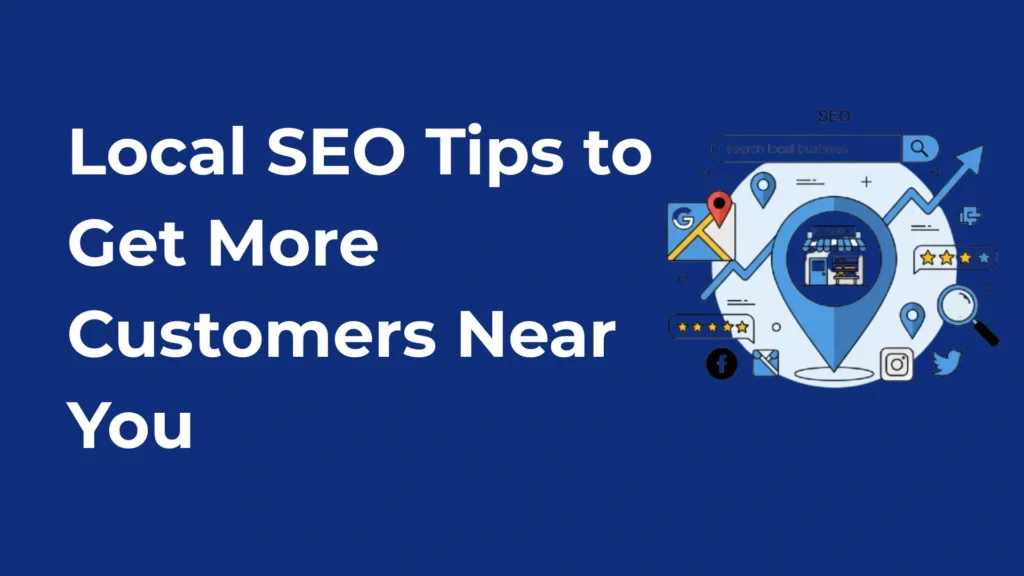Understand the Effect of AI on Digital Marketing
AI is transforming digital marketing by making it possible for marketers to sift through huge sets of information rapidly and cost-effectively. This technology makes personalized approaches to marketing achievable, which were earlier unimaginable, and provides a more individualized experience for the consumers.
In addition, AI tools are able to enhance campaigns in real-time, fine-tuning strategies through performance data. Businesses, therefore, are able to have enhanced conversion rates and improved return on investment, demonstrating the very real effect of AI on the effectiveness of marketing.
The Changing Role of Human Creativity in Automated Frameworks
Even though AI tools have become popular, human creativity in digital marketing is still crucial. Although AI is capable of analyzing statistics and automating procedures, it cannot think creatively and come up with original concepts that make the audience feel something.
Those marketers who can merge their creative abilities with AI data will be worth their weight in gold. Such a combination will allow them to develop engaging stories and emotional connections with consumers, making sure that the human element is an integral part of winning marketing strategies.
Digital Marketers’ Tactics to Adopt AI Technology
To survive in an AI-led environment, digital marketers need to be committed to ongoing learning. This means remaining informed about AI trends and knowing how to optimize these technologies in campaigns.
Marketers should also look at working with AI experts to incorporate sophisticated technologies into their campaigns. Experimenting with AI technologies for analytics, content creation, and customer interaction can make marketers more productive and creative.
Case Studies: Brands That Successfully Implemented AI in Marketing
There are brands such as Coca-Cola that have used AI successfully to study consumer behavior and refine their marketing strategies. Through the use of AI-led insights, Coca-Cola has enriched its product portfolio and enhanced customer experiences.
Another example is Netflix, which uses AI algorithms to recommend content based on user behavior, significantly increasing viewer engagement and satisfaction. These case studies demonstrate how AI may improve brand strategies and help businesses achieve their objectives.
Digital Marketing’s Future: Forecasts and Patterns
As we move into the future, the use of AI in online marketing will only intensify. We will see increasingly sophisticated predictive analytics platforms that can forecast consumer behaviors and tastes, enabling brands to pre-emptively personalize their campaigns.
In addition, the growth of conversational artificial intelligence, i.e., chatbots and virtual assistants, will transform customer engagement and service. If marketers adapt to these changes, they will not only survive but thrive in a more competitive world.
